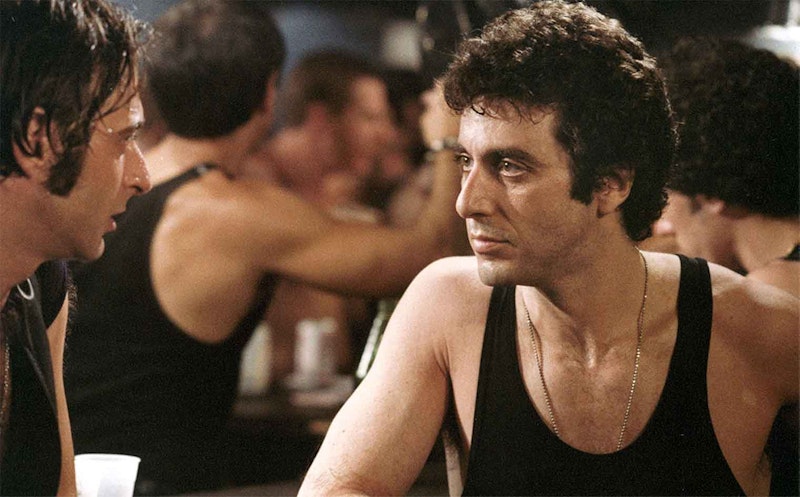The other day I watched Francis Ford Coppola’s commentary on The Godfather. My admiration for his work multiplied. What came across was his total consciousness of what he had to do to get the most out of everything and everybody in the film. I think it’d be difficult to find a filmmaker with a higher level of technical craft than Coppola. Kubrick, known for his perfectionism, comes to mind, as do others like Scorsese, Polanski, Welles, Ford and Hitchcock. But at that level they’re all tied for first place. I’d almost say that directors of this caliber can’t make a bad film, potentially only a less interesting one.
Storytelling in film, like all narrative art, is dramatic and emotionally and psychologically manipulative. At the end of a well-told story we have the feeling of completeness; that even if certain details are missing, we can fill them in. What is Michael Corleone discussing at the end of the film as the door slowly closes? Who knows? But we have a feeling for what it might be. I enjoyed the commentary; in fact, I liked it more than the film itself. Which leads to another consideration.
There are two levels of high art. One’s reserved for craft, for telling a story, and this is where Coppola is unchallenged. The other level is for Illumination or what could be called Poetry. The difference between the two is like a highly-skilled car mechanic and a religious visionary. Storytelling at the highest level speaks of tremendous technical ability. Illumination is something almost indescribable and unlike a narrative, which can be retold, Illumination, when it occurs, cannot be re-told or copied. It can be discussed, hinted at, conclusions may be drawn, but it remains a question, a mystery. It stays unique to the work in question. It’s the highest manifestation of art and you never know where or when it will show up. I’ve heard it in music, read it in literature, seen it in ballet and each time it’s always unexpected.
What might be considered an unlikely example of Illumination in a film is Cruising by William Friedkin. When it came out, many found this film unsatisfying. It wasn’t a hit, it was criticized by the gay community as anti-gay, etc. Yet, it has stuck around for 40 years. At first glance it seems straightforward, maybe too simple, as a narrative. It tells the story of a serial killer set in the gay S&M scene in New York in the late-1970s. Or does it? Although even Friedkin may have thought he was making a film about the gay S&M culture, he wasn’t. This might seem bizarre, for how can a film include a fisting scene and spend 95 percent of its screen time in sleazy S&M gay bars not be about gay culture?
Cruising is about the unanswered question of what it is to be a human being. This is revealed near the end when its policeman hero, Al Pacino, coming out from his secret assignment, returns to his girlfriend’s apartment. He places his undercover S&M clothes, complete with Nazi SS-style military cap, reflective mirror-sun glasses and leather coat, on a chair while he takes a shower. His girlfriend picks up the pieces of clothing one by one and puts them on until she looks like the men we’ve seen in underground gay bars. This shot introduces an element which throws the entire meaning of the film into question. It dismisses the narrative we thought we were following. It’s no longer important. This decision is at once perfect, unexpected and illuminating. We know it means something, but what that something is remains a mystery that each of us must answer for him or herself, and this is Poetry. We’re on our own. This shot also brings into relief certain earlier shots in the film which now make them predominate over the rest of the narrative. It’s then followed by three more quick takes that leave us with a feeling that suggests something way beyond the film we’ve just seen. It isn’t a question of Friedkin’s having “planted clues” in the manner of Stanley Kubrick, but rather a representation of the mystery of the human condition. It’s a troubling and poetic moment, one rarely found in mainstream films.

